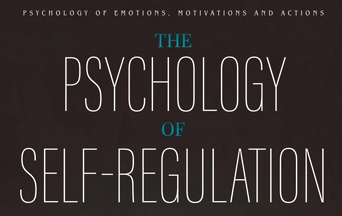
The aim of this course is to study different approaches to self-regulation and to understand its effects both at the individual level, as well as in interpersonal relations – both in private and professional spheres. The first part of the course focuses on familiarizing students with theoretical approaches and concepts, including various psychological mechanism at stake (e.g. the notion of regulatory fit). The second part of the course sheds light on the effects of self-regulation in various domains of interest, spanning from the individual to the interpersonal level (e.g. from individual risk taking, over convincing health communication, to leader-follower dynamics).
Building upon classic theories and empirical evidences, this
course addresses critical themes relevant in the domain of
self-regulation at the individual level and in interpersonal relations,
using a range of theoretical approaches and perspectives. Starting with a
reflection on what makes a good theory, this course will discuss
several prominent approaches to self-regulation (e.g., mindset theory of
action phases, regulatory focus theory, self-determination theory) and
consider how self-regulation plays out at the individual and
interpersonal level across various domains and topics (e.g., risk
taking, leader-follower dynamics, attraction and liking, health
communication, consumer behavior).
- Teacher: Simon Poline
- Teacher: Woltin Karl-Andrew
